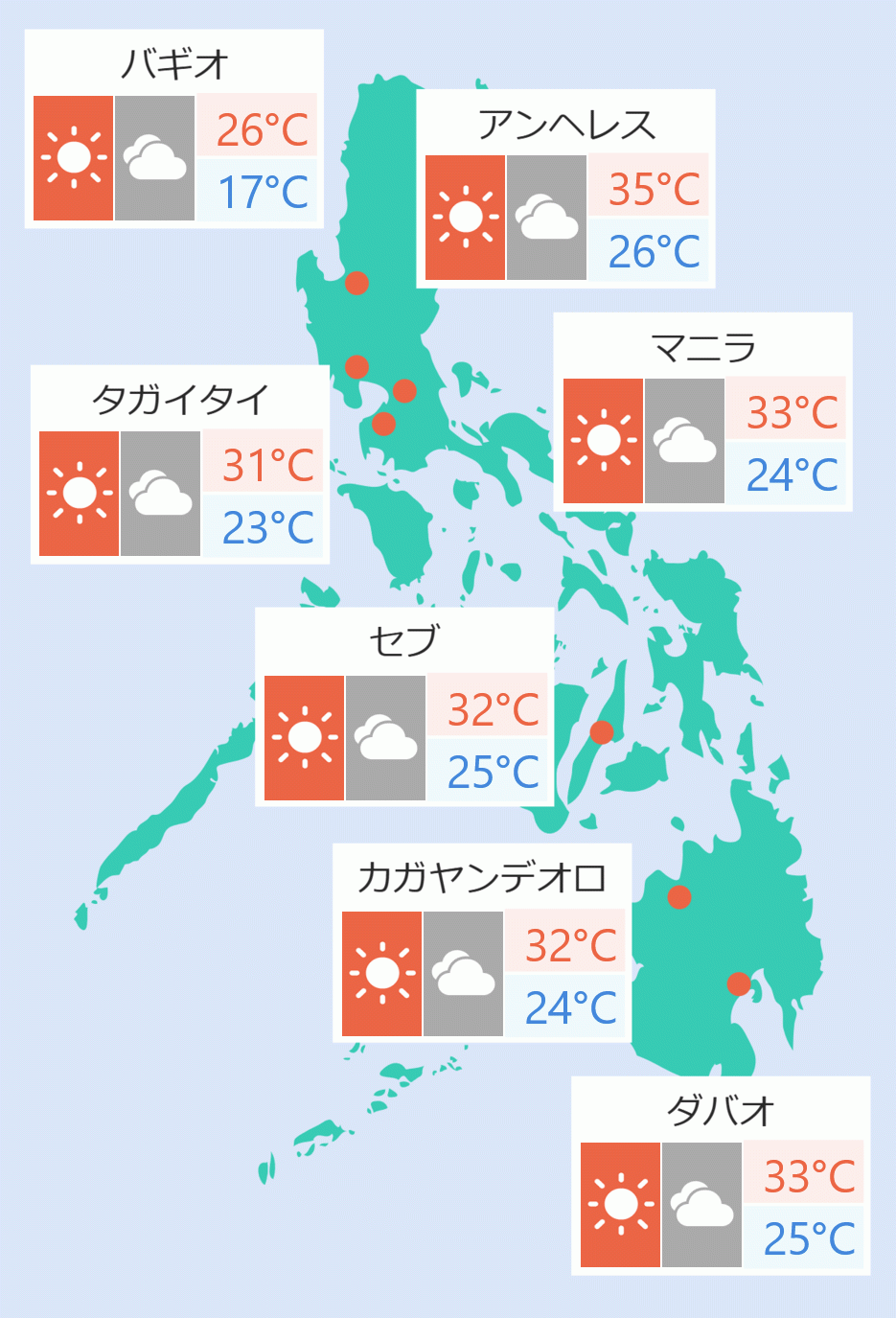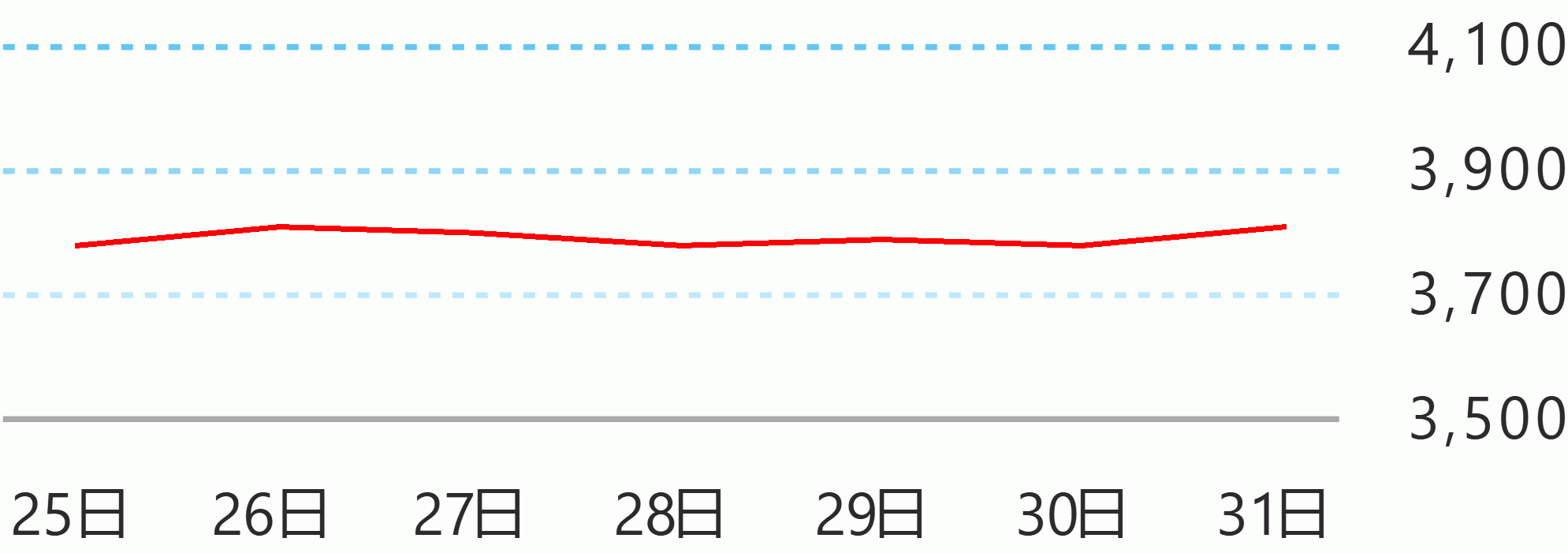The interagency Development Budget Coordinating Committee (DBCC) has cut its growth target for this year to be "credible," an official said on Wednesday.
Emerging from the 177th DBCC meeting held at the Department of Finance in Pasay City, Budget Secretary Wendel E. Avisado, DBCC chair, said the gross domestic product growth target was lowered at 6.0 to 6.5 percent for 2019 from 6.0 to 7.0 percent target during the 176th DBCC meeting in July.
Based on the latest DBCC meeting, the GDP target for 2020 to 2022 is targeted to hit 6.5 to 7.5 percent as against the July meeting, which was at 6.5 to 7.5 percent in 2020, and 7.0 to 8.0 percent in 2021 and 2022.
Asked for the slash on the GDP target for this year, National Economic and Development Authority Undersecretary Rosemarie Edillon said, "For the year, we are actually proposing a tighter band because we really have the Q1, Q3 numbers but we still think that we are at the range of 6.0 to 6.5 percent. I think, you know, if we say it’s 6 to 7 (percent) then it’s no longer credible given that we already have the first three quarters."
"Moving forward, we want to stick to prudent fiscal management and so looking also at the different tax reform programs that are there, the revenue projections and then we want to maintain a fiscal deficit to GDP ratio of 3.2 percent and also we want to also make sure that the debt does not balloon and so this one is actually consistent that growth is consistent with fiscal prudence," she added.
For the first three quarters, the GDP averaged at 5.8 percent after registering 5.6 percent in the first quarter, 5.5 percent in the second quarter, and 6.2 percent in the third quarter.
The DBCC also slashed the assumption for goods export growth in the short term to 1.0 percent from 2.0 percent in July and 4.0 percent in 2020 from earlier 6.0 percent due to "continuing unresolved trade tensions," Avisado said.
However, the assumptions for 2021 and 2022 are retained at 6.0 percent as global economic activity is expected to recover in the medium-term.
The interagency body also lowered the projection for services imports growth to 2.0 percent in 2019 from earlier 3.0 percent.
The average inflation rate for this year is projected to settle at 2.4 percent, indicating relatively stable prices for Filipino consumers, while the assumed average rates for 2020 to 2022 will remain between 2.0 to 4.0 percent throughout, the Budget chief said.
For the Dubai crude oil per barrel, the projected range for 2019 has been narrowed to the range of US$63.00 to US$64.00 per barrel. From 2020 to 2022, the price range is now projected to average between US$55.00 to US$70.00 per barrel.
The PhP-USD exchange rate assumption was also cut to the range of P51.00 to P52.00 against the USD in 2019 and from P51.00 to P54.00 against the USD from 2020 to 2022.
"Likewise, the assumptions for the 364-day Treasury bill rate and the 6-month London Interbank Offered Rate (LIBOR) have been adjusted downward. The average T-bill rate will range from 5.1 to 5.3 percent in 2019 and 3.5 to 4.5 percent in 2020 until 2022. On the other hand, the 6-month LIBOR will range from 2.3 to 2.4 percent in 2019, and from 1.5 to 2.5 percent from 2020 to 2022," Avisado said. Celerina Monte/DMS





 English
English










